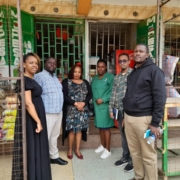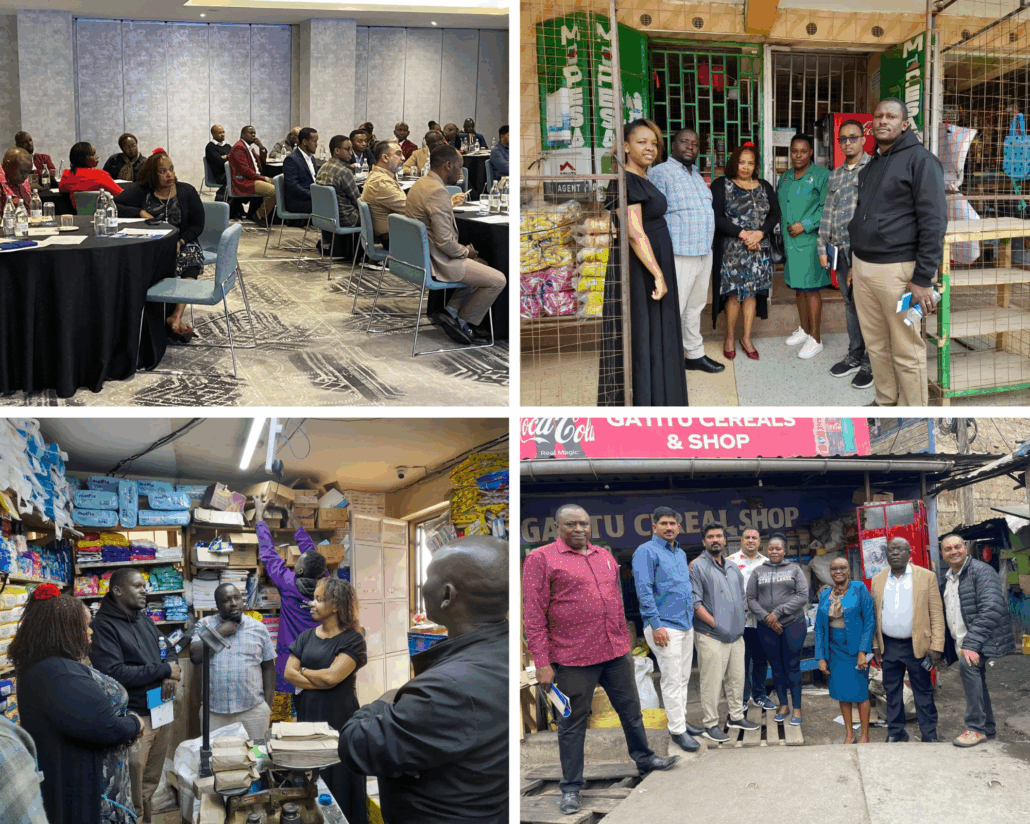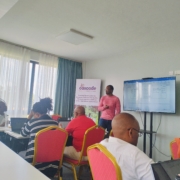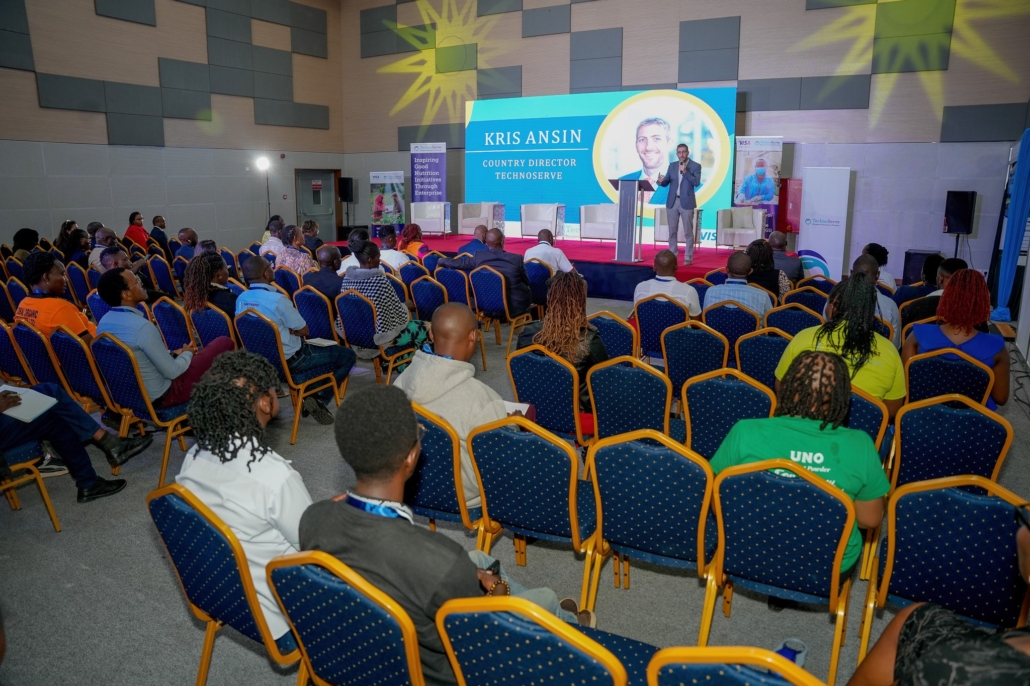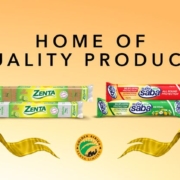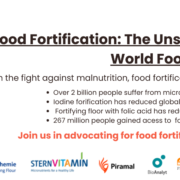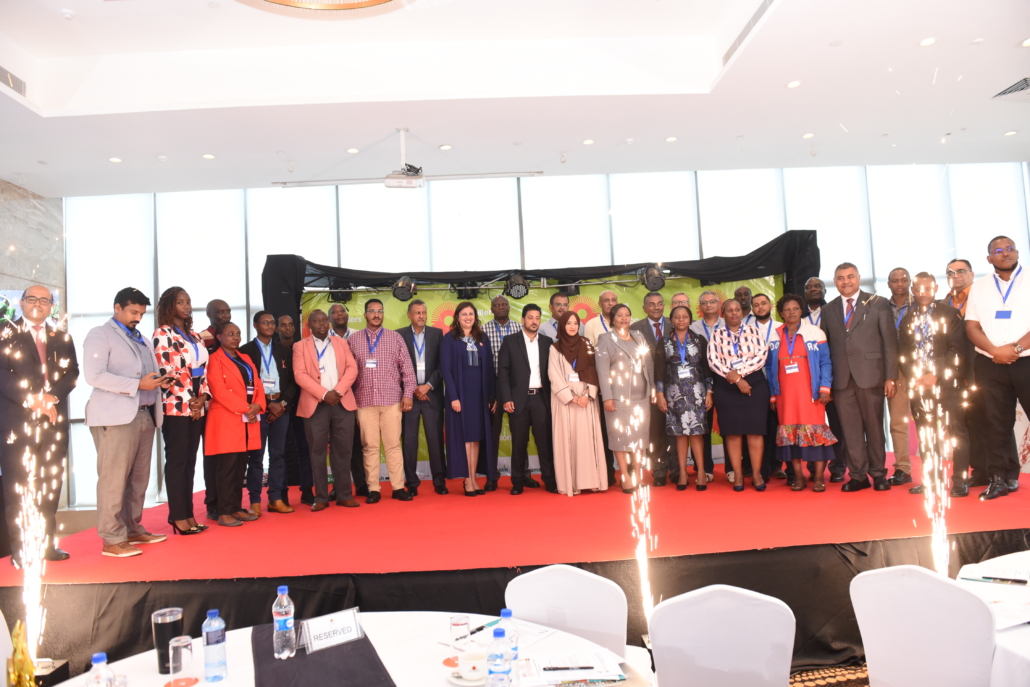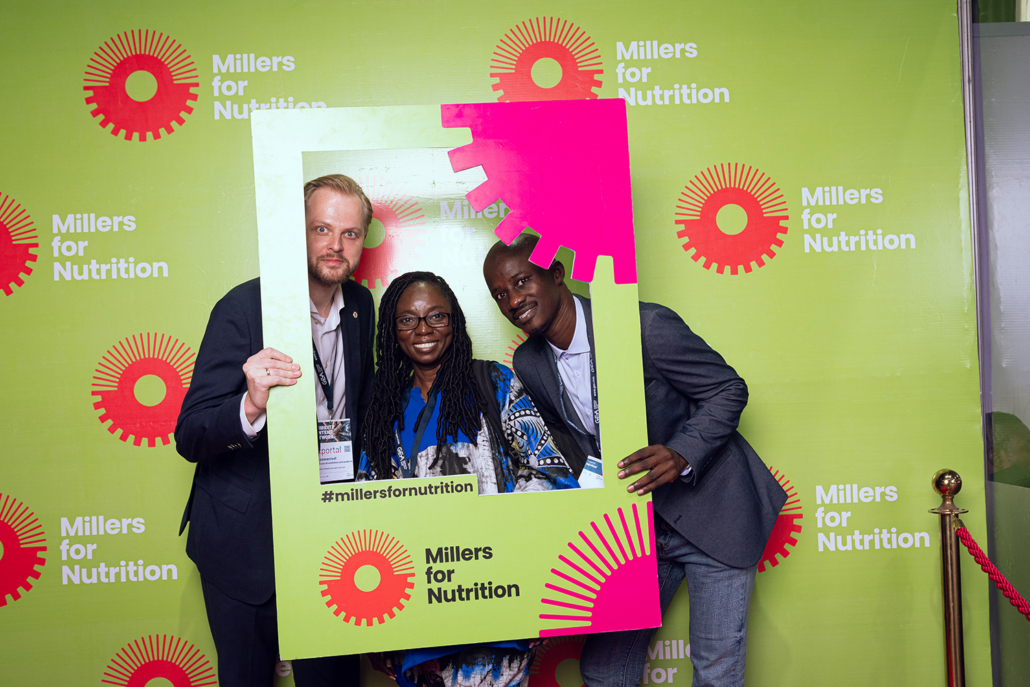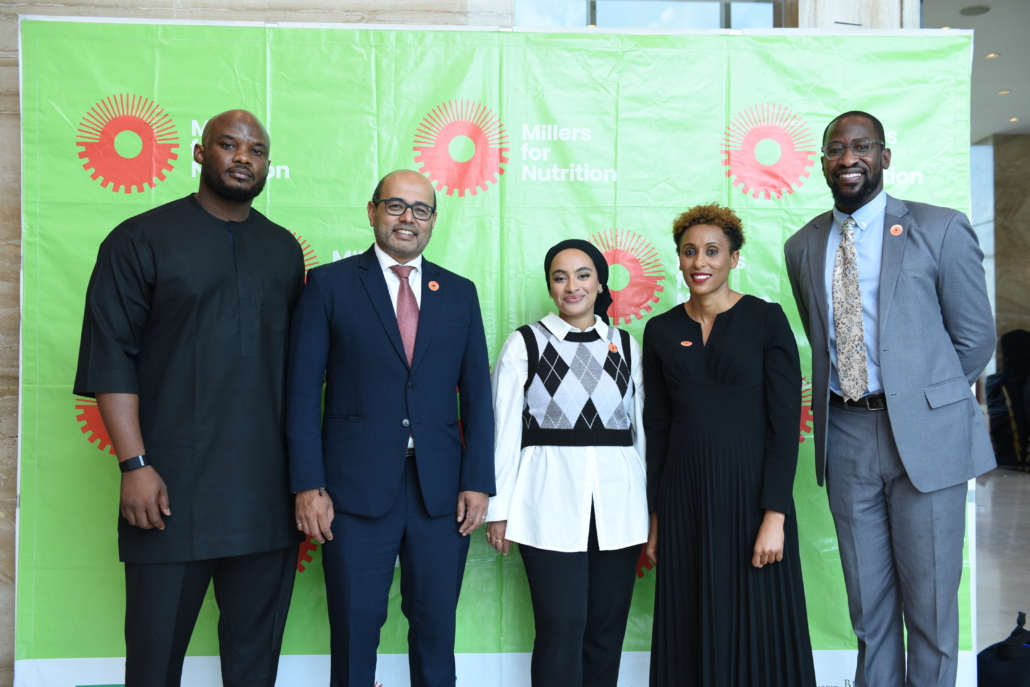Miller of the Month – Ruth Butende, Quality Assurance Manager, Buffalo Millers Ltd., Kenya
In a milling industry driven by evolving technology, food safety standards, and a growing emphasis on nutrition, individuals who champion quality and commitment stand out. This month, we shine a spotlight on Ruth Butende, the dedicated Quality Assurance Manager at Buffalo Millers Ltd.
As our November 2025 Miller of the Month, Ruth shares Buffalo Millers Ltd.’s commitment to producing safe, nutritious, and fortified maize flour, operating by their motto, “Quality before Quantity.” She also highlighted the company’s achievement of the respected ISO 22000:2018 certification and driving tangible benefits through a strong focus on gender equity and continuous improvement.
Why did you decide to join Millers for Nutrition?
Buffalo Millers Ltd joined Millers for Nutrition to help reduce micronutrient deficiencies such as iron, zinc, and vitamin A through flour fortification, improving community health and ensuring compliance with legal standards. Through the Millers for Nutrition, we receive training and technical support that enhances product quality and operational efficiency. Our participation in Millers for Nutrition also demonstrates our commitment to safe, nutritious food and fosters collaboration with other millers and nutrition partners to promote innovation in fortification.
Tell us about your commitment to food fortification
Our motto “Quality before Quantity” reflects our commitment to producing safe, nutritious, and fortified maize flour that meets all legal standards while promoting better health outcomes for our consumers. This commitment is upheld through regular quality checks and laboratory testing conducted by trained and competent staff. In addition, we have fully integrated fortification into our production processes as part of our Food Safety Management System (FSMS), ensuring consistency, accuracy, and compliance with fortification standards and regulatory requirements.
Tell us about your gender equity program. How has it impacted your business?
At BML, promoting gender equity is fundamental to our operations. We are dedicated to providing equal opportunities for both men and women in recruitment, training, and career advancement across all levels. We maintain fair representation of women in key departments, including quality assurance, production, and administration, encouraging a safe and inclusive work environment for everyone. This commitment has delivered tangible business benefits, leading to improved teamwork and overall productivity
How long have you been in the milling business? How has the industry changed in that time?
Buffalo Millers Ltd has been in the milling business for over 12years now, focusing primarily on the production of high-quality maize flour and by-products. Over this period, the milling industry has evolved significantly, with major improvements in technology, food safety standards, and regulatory requirements. There have been enhanced production and quality control systems, ensuring greater efficiency and product consistency. Additionally, increased emphasis on food fortification, nutrition, and compliance with health and safety standards has transformed how mills operate.
What’s your proudest achievement?
The BML team is most proud of achieving the highly respected ISO 22000:2018 (FSMS) certification, an accomplishment supported by Millers for Nutrition. This recognition has significantly enhanced our knowledge and continues to drive improvements in our product quality. Furthermore, our dedication to excellence has been formally acknowledged with the Superior Diamond Mark of Excellence for our products. Beyond these technical achievements, our enduring motto, ‘Quality before Quantity,’ guides our commitment to promoting a positive work environment built on quality, teamwork, and continuous improvement.

